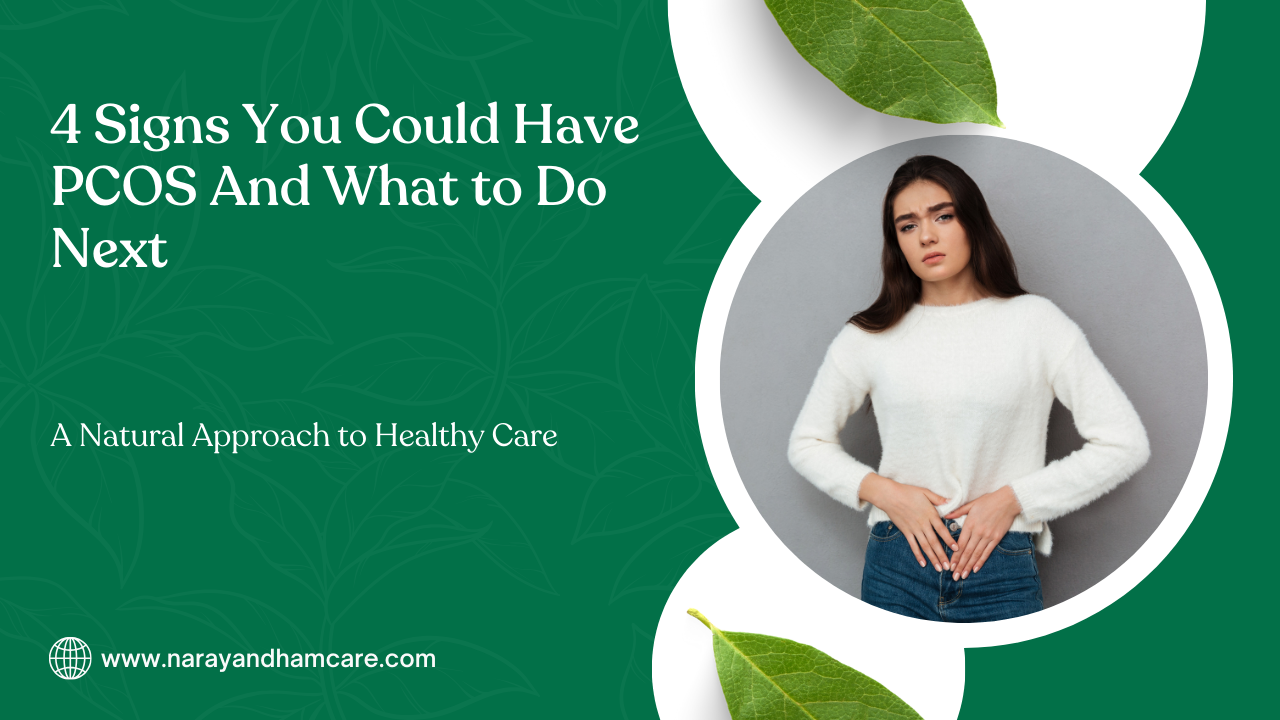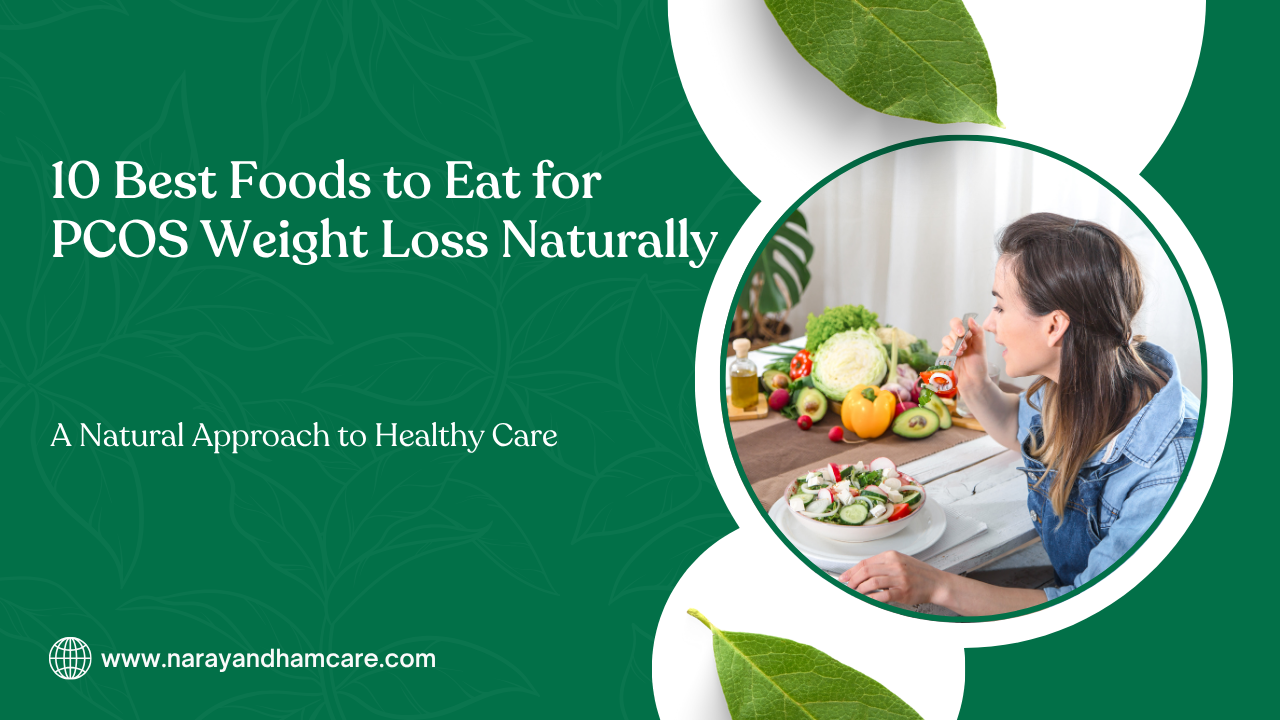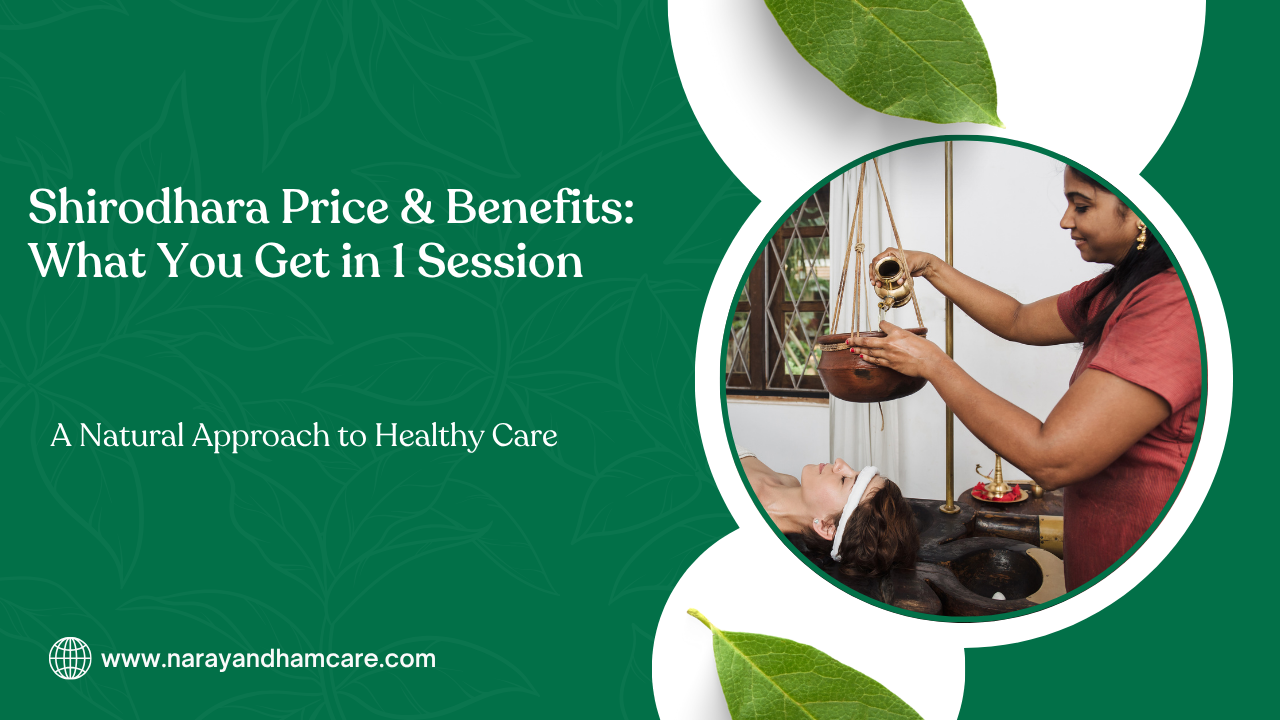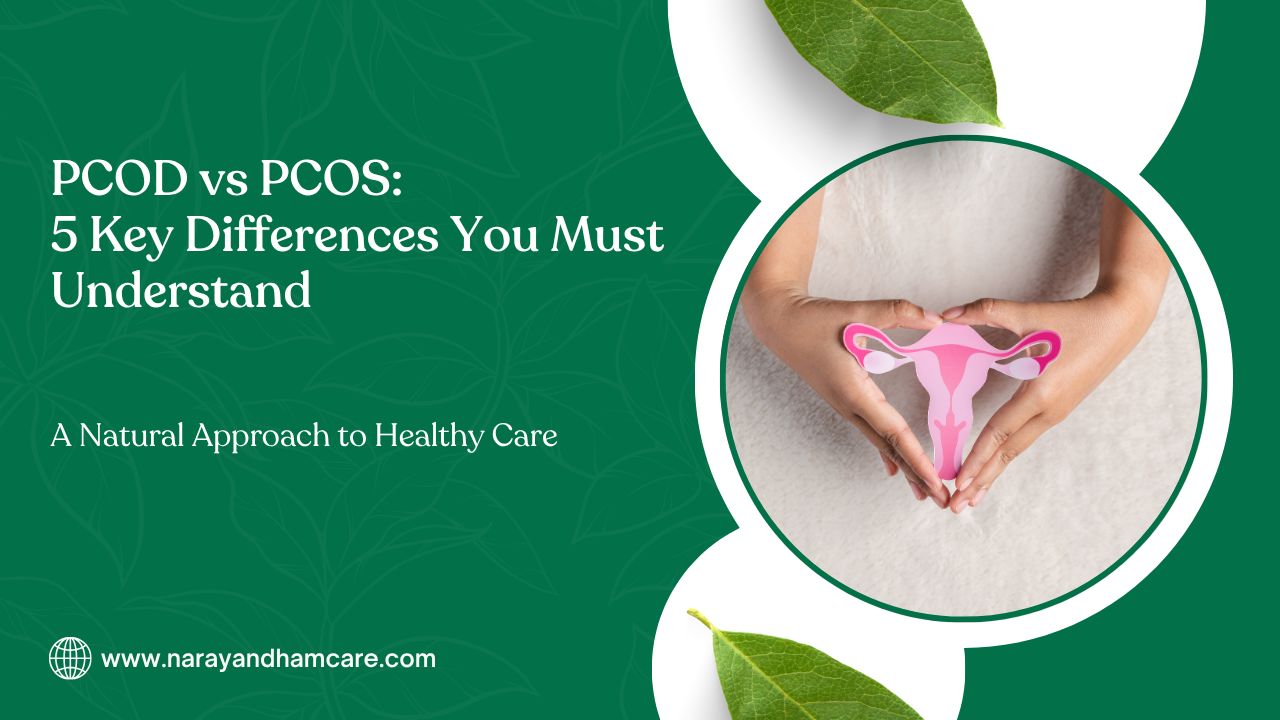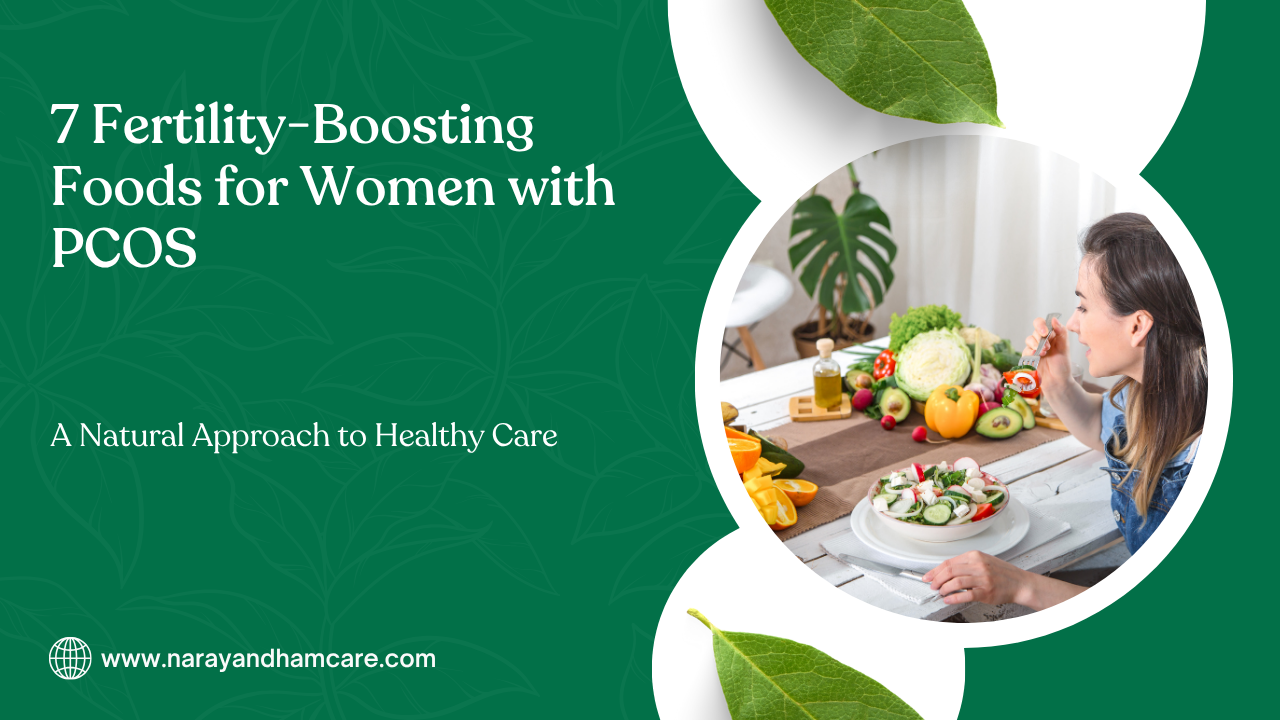Introduction
Have you been dealing with irregular periods, sudden weight gain, or unwanted hair growth? These could be signs of PCOS, or Polycystic Ovary Syndrome.
it is a hormonal disorder that affects many women, especially those between 15 to 40 years old. It can cause problems like irregular periods, acne, and even fertility issues. But don’t worry—it is treatable. The key is to catch the signs early and start making healthy changes.
In this blog, we’ll explain:
- What PCOS is
- The top 4 symptoms
- Easy and natural ways to manage
- Common questions with simple answers
If you’re confused about your health, or want to help someone else, keep reading.
Problem: What Is PCOS?
Polycystic Ovary Syndrome is a condition where a woman’s body makes more male hormones (androgens) than normal. This hormonal imbalance causes problems in the ovaries.
In women with PCOS, the ovaries often:
- Don’t release eggs regularly (no ovulation)
- Develop many small cysts (fluid-filled sacs)
- Cause irregular or missed periods
Who does PCOS affect?
PCOS affects 1 in 5 women in India, and it’s becoming more common due to:
- Poor diet
- Lack of exercise
- Stress
- Hormonal imbalances
It can lead to infertility, type 2 diabetes, high blood pressure, and even depression if not managed early.
Symptoms: 4 Signs You Could Have PCOS
Here are the top 4 warning signs that you should never ignore:
1. Irregular Periods
This is the most common symptom.
- Your period might come very late
- You may miss periods for months
- You may have very light or very heavy bleeding
Why it matters: Irregular periods mean your body is not ovulating properly.
2. Excess Hair Growth (Hirsutism)
Are you noticing thick hair on your face, chin, chest, or stomach?
This can happen due to high androgen (male hormone) levels in your body. It causes hair growth in areas where women usually don’t have thick hair.
3. Acne and Oily Skin
Sudden breakouts of acne—especially on the chin, jawline, back, or chest—can also be a sign of PCOS.
Hormonal imbalance makes your oil glands more active, which causes pimples, oily skin, and large pores.
4. Weight Gain or Trouble Losing Weight
Many women with PCOS gain weight easily, especially around the belly area.
Even after trying to eat less or exercise, you may not lose weight easily. This happens due to insulin resistance, a common problem in PCOS.
Solution: What to Do Next — Natural PCOS Treatment Tips
If you think you may have PCOS, don’t panic. It’s manageable with the right steps. Here are some easy and natural ways to take control of your health:
1. Eat a PCOS-Friendly Diet
Food plays a big role. The wrong diet can make symptoms worse. The right food can balance your hormones.
What to Eat:
- Leafy greens (spinach, methi, curry leaves)
- Whole grains (millets, oats, brown rice)
- Fruits like berries, apples, and papaya
- Seeds (flax seeds, chia seeds)
- Healthy fats (ghee, coconut oil)
Avoid:
- Sugar (cold drinks, sweets, packed juices)
- White rice, white bread
- Fried and oily foods
- Processed snacks (chips, biscuits)
2. Exercise Daily
Even 30 minutes of daily movement helps.
- Try walking, yoga, or dancing
- Do deep breathing exercises
- Yoga poses like Butterfly, Cobra, and Bridge pose are helpful
Exercise improves insulin sensitivity and reduces belly fat.
3. Use Ayurvedic and Natural Remedies
Many Ayurvedic herbs help to balance hormones naturally.
Some examples:
- Ashwagandha – Reduces stress hormones
- Shatavari – Improves female reproductive health
- Cinnamon – Helps regulate blood sugar
- Spearmint tea – Reduces unwanted facial hair
Tip: Always talk to an expert before starting any herbs.
4. Manage Stress and Sleep Better
Stress increases cortisol, which worsens symptoms.
Tips:
- Sleep at least 7–8 hours every night
- Avoid screens (mobile/TV) 1 hour before bed
- Try meditation or journaling daily
5. Consult a Doctor
If you have 2 or more symptoms, talk to a gynecologist. They may do:
- A blood test (to check hormones)
- An ultrasound (to check for cysts)
- A physical exam
Getting diagnosed early helps in preventing future health risks.
Frequently Asked Questions (FAQ)
Q1: Can I still get pregnant with PCOS?
A: Yes. Many women with it get pregnant naturally or with some help. A healthy lifestyle increases your chances.
Q2: Can PCOS be cured permanently?
A: There is no permanent cure, but you can manage symptoms very well. Many women live healthy, happy lives with PCOS.
Q3: How is PCOS different from PCOD?
A: Both are similar.Polycystic Ovarian Disease) is less severe,it is a more serious hormonal disorder with higher risk of complications.
Q4: How long does it take to manage PCOS naturally?
A: With the right diet, exercise, and stress care, most women see results in 3 to 6 months. But everyone’s body is different.
Q5: Is birth control the only treatment for PCOS?
A: No. Birth control pills are just one option. Natural lifestyle changes, Ayurveda, and diet are safer long-term solutions.
Conclusion
PCOS is common, but not something to be afraid of. The earlier you notice the signs, the easier it becomes to manage.
If you’ve been facing irregular periods, acne, facial hair, or weight gain, don’t ignore it. These may be early signs of PCOS.
A combination of:
- Balanced diet
- Regular exercise
- Stress control
- Natural remedies
…can help you live a healthy and happy life.
Take a step today.
Track your symptoms, eat clean, stay active—and most importantly, love your body. Healing takes time, but it’s always possible.
Have questions or want to share your journey? Leave a comment below. Your story may help someone else.

